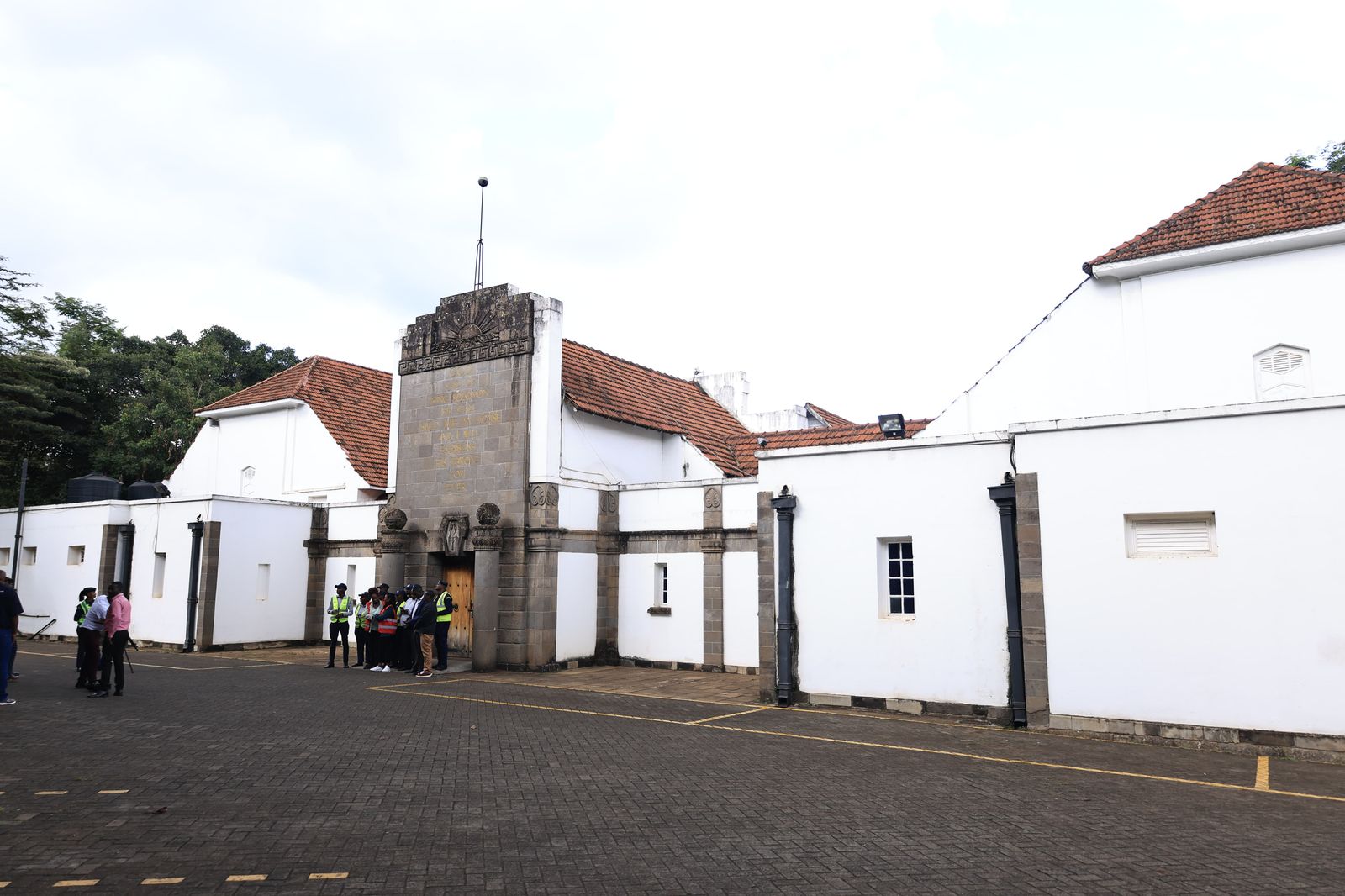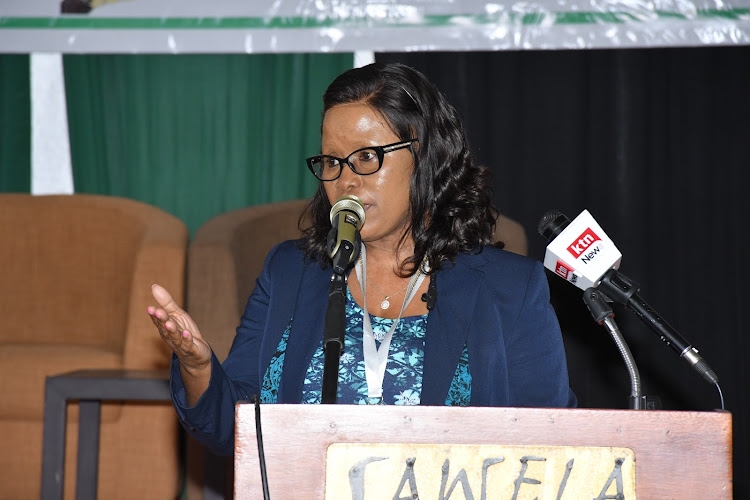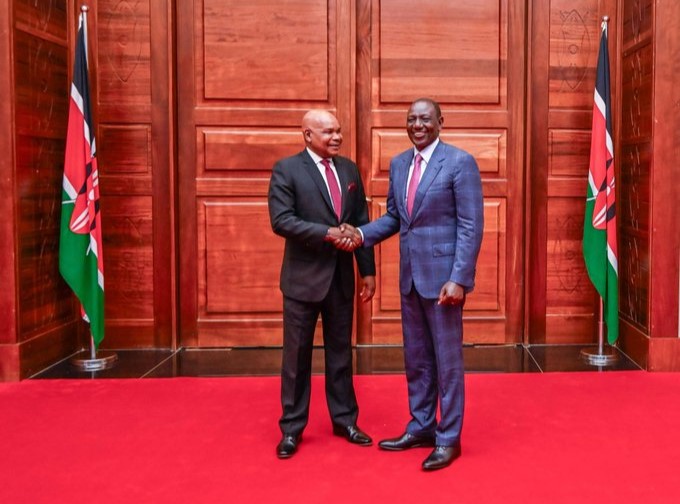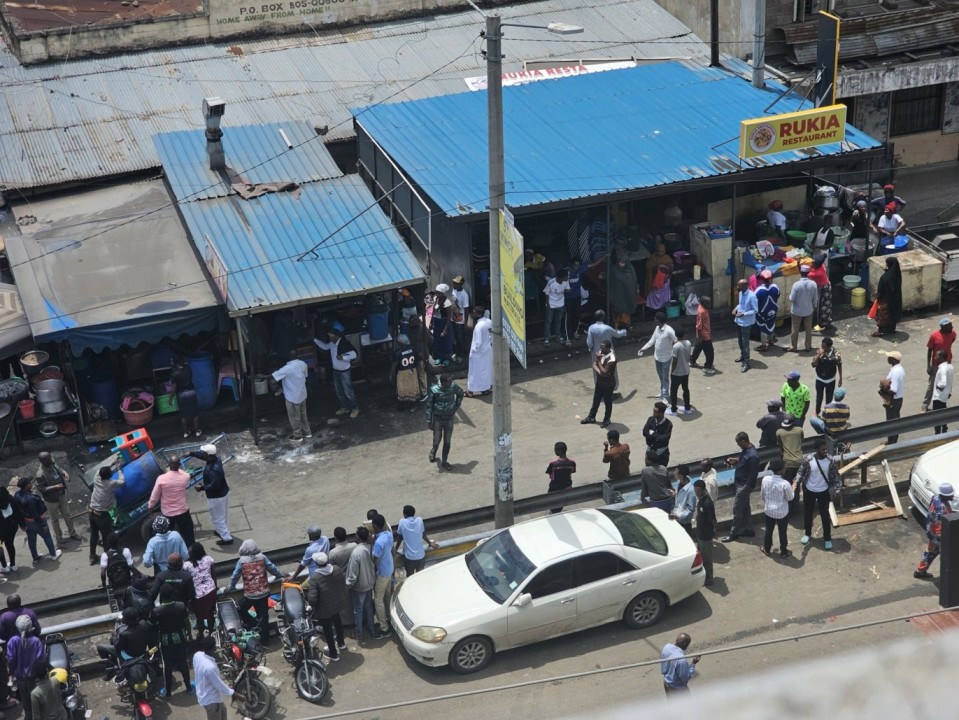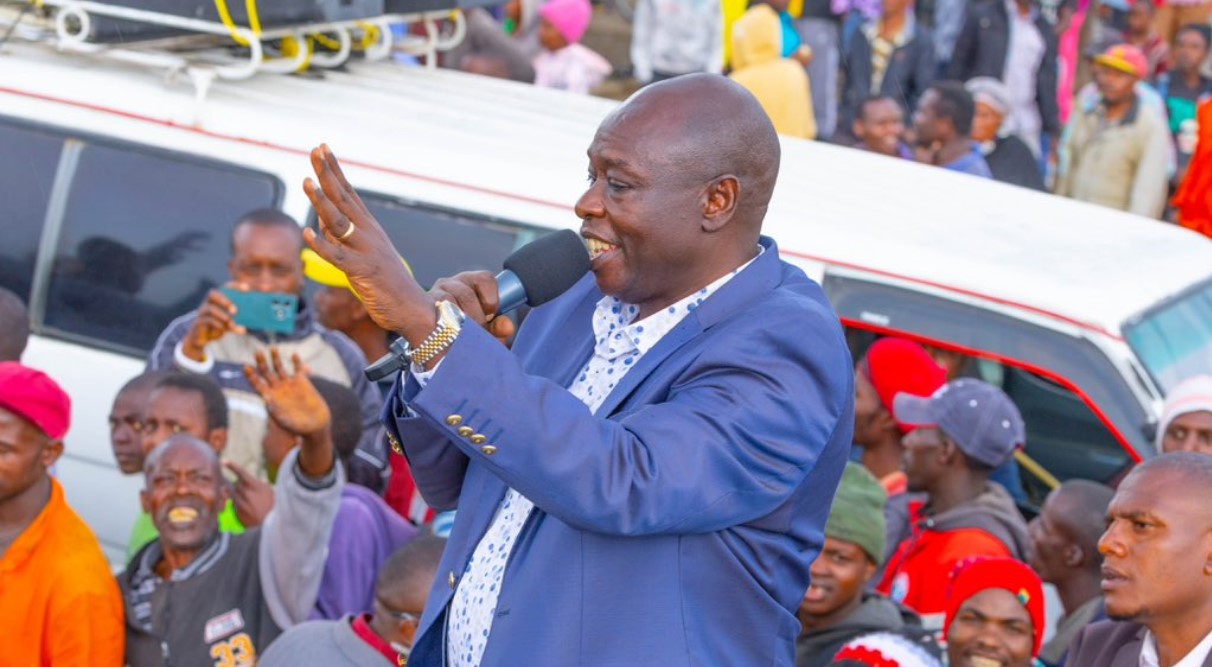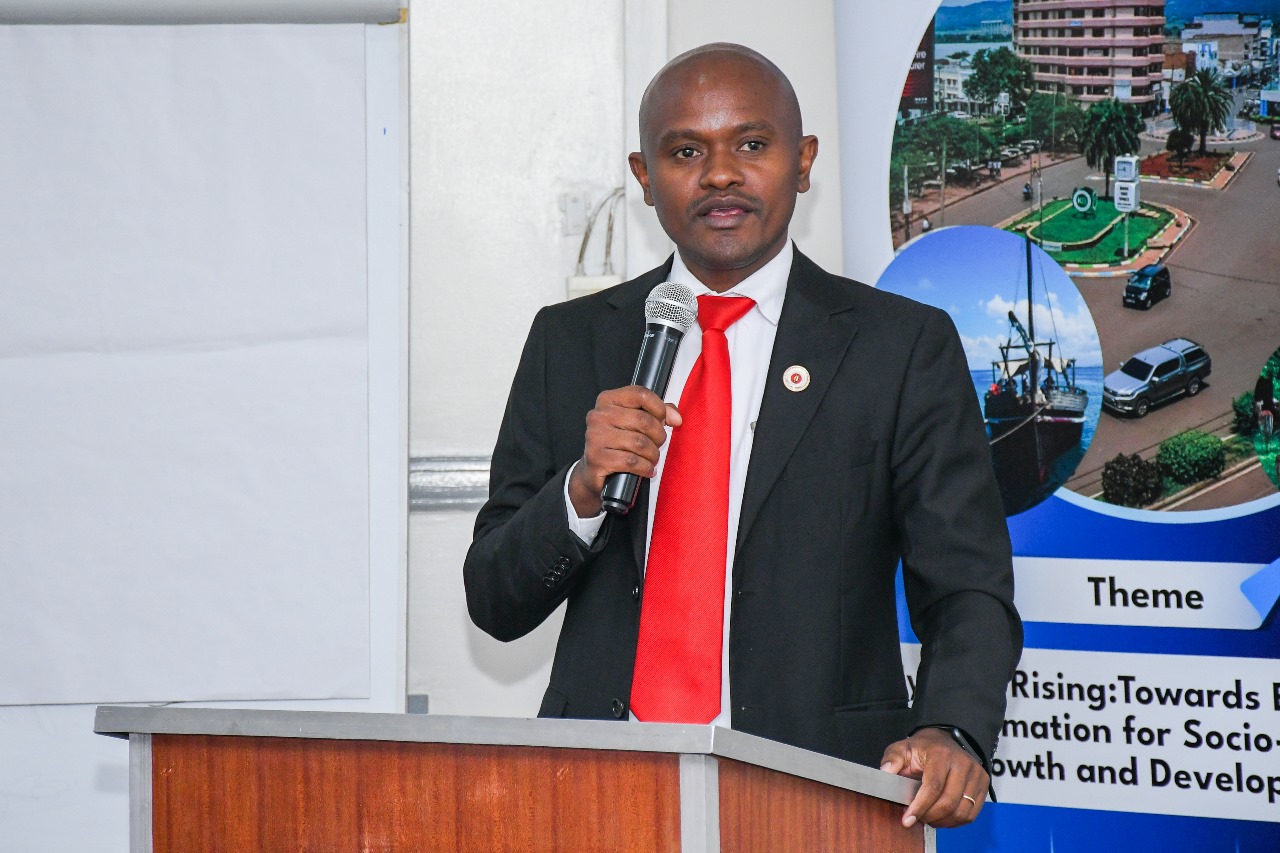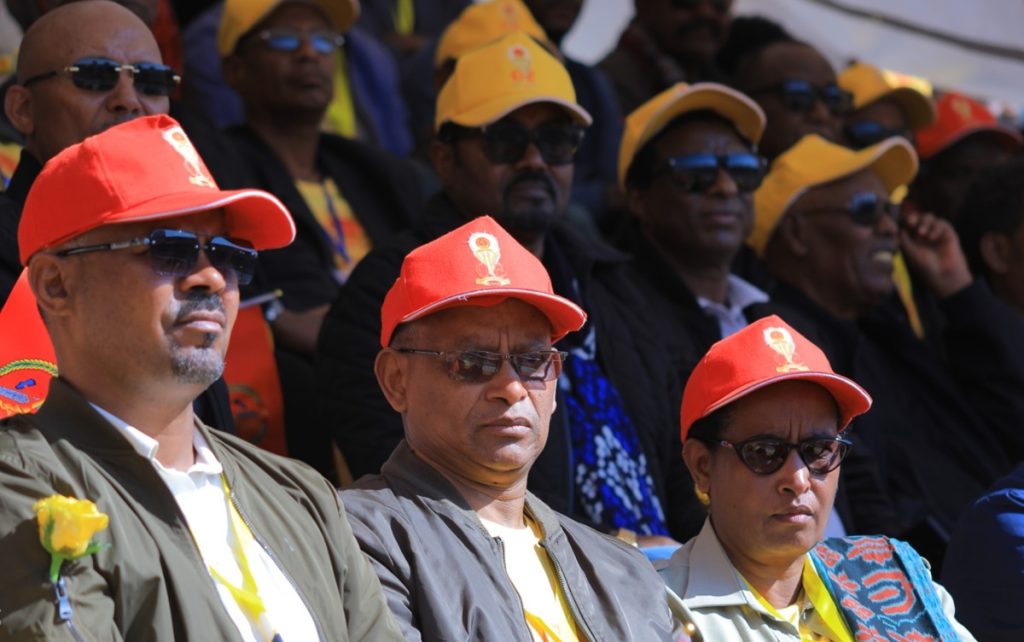Petition seeks removal of DCJ Mwilu over judges’ appointment in Gachagua impeachment case
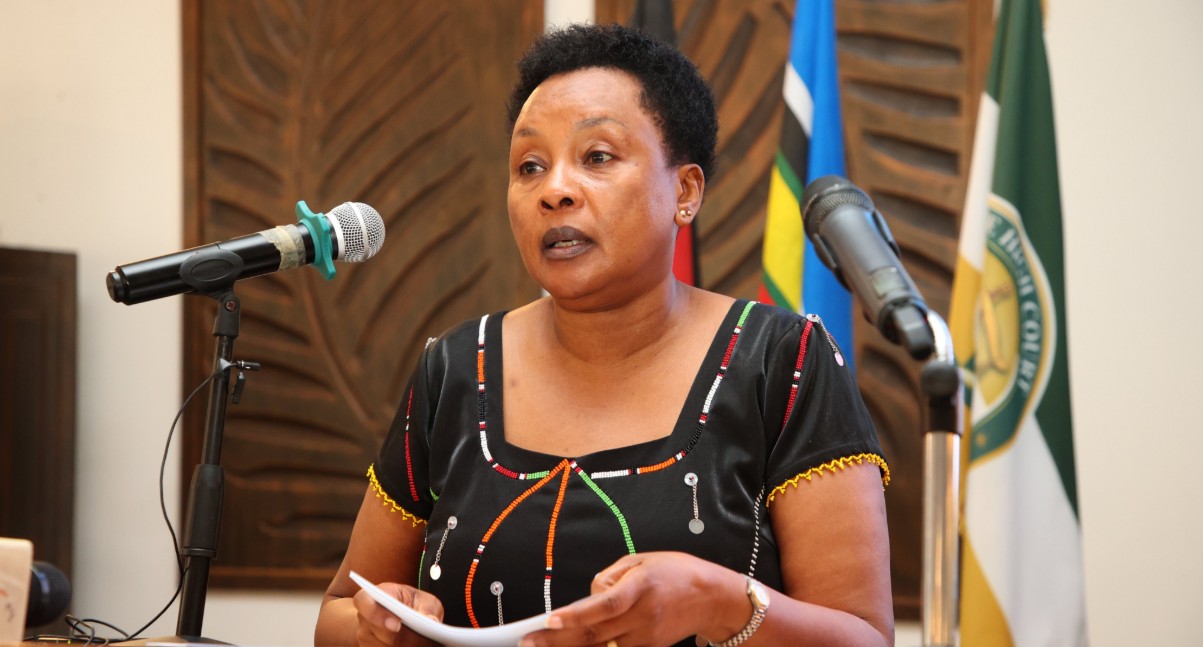
Through her legal team, Bashir & Associates Advocates, the petitioner argues that Mwilu acted in excess of her authority under Article 165(4) of the Constitution by taking over a function exclusively reserved for Chief Justice Martha Koome.
A Nairobi resident has filed a petition at the Judicial Service Commission (JSC) seeking the removal of Deputy Chief Justice Philomena Mwilu over claims she overstepped her constitutional mandate by assigning judges to hear the impeachment case against former Deputy President Rigathi Gachagua.
The petitioner argues that Mwilu’s actions have thrown the Judiciary into a credibility crisis and undermined public confidence in the institution’s ability to uphold the rule of law.
More To Read
- High Court orders bench to hear Supreme Court vs JSC case on apex court's future
- Tuju stresses his case against Supreme Court judges is for the benefit of all Kenyans
- Ombudsman suspends summons against JSC members, seeks constructive dialogue
- Judiciary cancels 171 vacancies as budget cuts bite
- Havi challenges High Court’s jurisdiction in CJ Martha Koome case against JSC
- Judiciary fights back against CAJ's summons over complaints disclosure
The petition, filed on Tuesday by Belinda Egesa, accuses the DCJ of violating the Constitution, demonstrating gross misconduct, incompetence, and breaching the Judicial Code of Conduct and Ethics, 2020.
At the centre of the complaint is Justice Mwilu’s decision to empanel a three-judge bench of Justices Eric Ogolla, Anthony Mrima, and Freda Mugambi to preside over a High Court petition in Kerugoya that challenged the swearing-in of Prof Kithure Kindiki as Deputy President.
The case was filed by two Kirinyaga residents who opposed the replacement of Gachagua as Deputy President.
Through her legal team, Bashir & Associates Advocates, the petitioner argues that Mwilu acted in excess of her authority under Article 165(4) of the Constitution by taking over a function exclusively reserved for Chief Justice Martha Koome.
“The Deputy Chief Justice acted in excess of her mandate under Article 165(4) by unlawfully empanelling a High Court bench on October 18, 2024. This was a direct usurpation of the Chief Justice’s constitutional role. The Court of Appeal found her conduct to be unconstitutional,” reads the petition.
Sufficient basis
Egesa says the Court of Appeal’s May 2025 decision, which found that Mwilu’s empanelment of the judges was illegal, is a sufficient basis for her removal from office. She argues that the DCJ’s actions directly led to the setting aside of conservatory orders that had halted Kindiki’s swearing-in.
“The consequence of the unconstitutional conduct of the Deputy Chief Justice in improperly empanelling the bench of three judges resulted in the setting aside of conservatory orders in the Kerugoya High Court, thus greenlighting the swearing-in of Prof Kindiki as the Deputy President, replacing Mr Gachagua,” reads the petition.
“These events cannot be practically reversed, resulting in a crisis of legality and institutional integrity.”
On grounds of incompetence, Egesa claims Mwilu misinterpreted the Constitution and showed an inability to appreciate the constitutional limits of her office.
“The conduct of Lady Justice Philomena Mbete Mwilu, the Deputy Chief Justice, reflects an inability or unwillingness to comply with constitutional norms and institutional roles, particularly concerning high-stakes constitutional litigation,” Egesa says.
“Her misinterpretation of Article 165(4) of the Constitution compromises her ability to hold the office of the Deputy Chief Justice.”
The petition also alleges that Mwilu contravened several provisions of the Judicial Code of Conduct, including regulations on impartiality, integrity and accountability.
“Usurpation of the role of the Chief Justice per Article 165(4) contravenes Regulations 9, 11 and 13 of the Code of Conduct,” the petitioner said, adding that Mwilu “failed to carry out the duties of her office with impartiality and objectivity, including administrative duties.”
Eroded public trust
According to Egesa, the DCJ’s conduct has severely eroded public trust in the Judiciary.
“The Deputy Chief Justice’s continued stay in office sends the message that the JSC condones unconstitutional conduct, undermining its own credibility and its constitutional duty to uphold the rule of law, judicial independence, and accountability in the Judiciary,” the petition argues.
Her lawyer, Suleiman Bashir, urged the JSC to initiate Mwilu’s removal process.
“JSC should recommend to the President under Article 186 to remove her from office… this will safeguard the credibility of the Judiciary.”
The petition is anchored on the Court of Appeal’s recent ruling, which observed: “Indubitably, we find and hold that there was no evidence that the Deputy Chief Justice was the acting Chief Justice or that there existed exceptional circumstances that permitted the Deputy Chief Justice to exercise the mandate constitutionally reserved for the Chief Justice by Article 165(4) of the Constitution.”
The new filing comes just days after the same Court of Appeal invalidated the bench appointed by Mwilu and cleared the way for Kindiki’s swearing-in.
It also follows a reprieve granted to Mwilu and six other Supreme Court judges in a separate case, where the High Court barred the JSC from initiating disciplinary action against them over unrelated allegations.
This is the third high-profile petition seeking the DCJ’s removal from office.
In 2021, a three-judge bench comprising Justices Juma Chitembwe, Weldon Korir, and Roseline Aburili dismissed efforts by former Director of Public Prosecutions Noordin Haji and former DCI boss George Kinoti to oust her over corruption and misconduct claims.
Top Stories Today
Reader Comments
Trending


